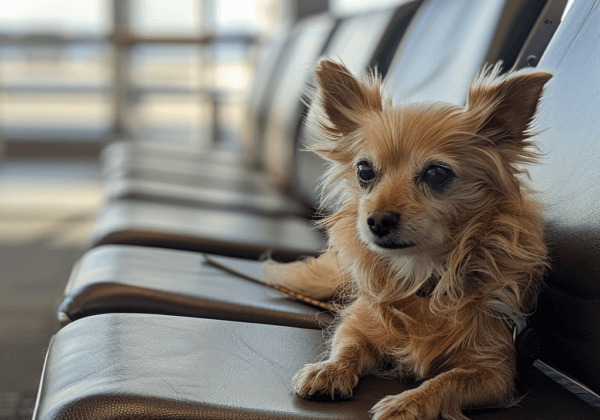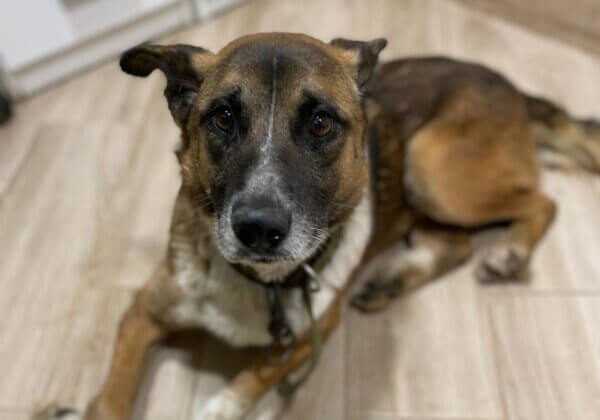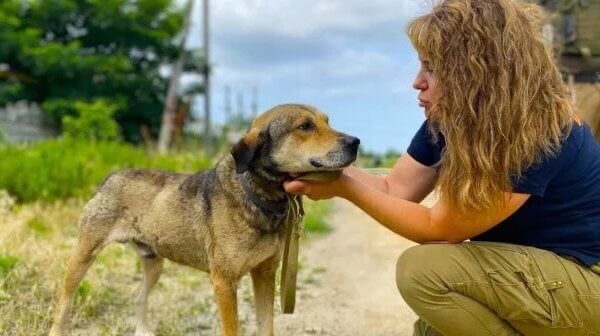Desexing and Microchipping Will Be Mandatory in South Australia!
Great news for dogs and cats!
In a progressive move to combat the state’s huge overpopulation problem, South Australia has announced that compulsory desexing and microchipping will become law by the end of this year.

In 2001, the Australian Capital Territory became the nation’s first jurisdiction to make sterilising companion animals compulsory, and Western Australia followed with mandatory desexing for cats in 2013.
With the introduction of this new law, South Australia will become the first state in the nation to introduce mandatory desexing for both cats and dogs.
In recognition of this historic move, PETA has awarded the state government a framed Proggy Award (“Proggy” is for “progress”). These awards recognise animal-friendly achievements in commerce and culture.
South Australian Environment Minister Ian Hunter said it is very pleasing to have the support of animal organisations such as PETA for these reforms.
“Experience shows microchipped animals that become lost have a much higher chance of being reunited with their owners, and desexing reduces unwanted litters and behaviours such as aggression and roaming,” he said.
“We are confident that these two measures will go a long way to reducing the number of dogs and cats that end up in shelters, and the unacceptably high number of animals being euthanised every year.”

Minister Hunter
Why Desex?
In addition to benefitting the health of our animal companions, desexing saves the lives of animals who would otherwise languish in shelters or face death by euthanasia.
Last year, the RSPCA alone received 133,495 unwanted and abandoned animals into its shelters across Australia. And each year, more than 200,000 healthy animals are euthanised nationwide, simply because there aren’t enough good homes for them.
Every new kitten and puppy born further decreases the chances of adoption for other animals already in shelters. Allowing animals to breed unchecked adds to the overpopulation crisis and sentences more homeless animals to die unloved.

Why Microchip?
Microchipping companion animals vastly increases the likelihood that missing pets will be reunited with their families. All animals arriving at shelters are checked for microchips – and far too many are found not to have one.
As a result, large numbers of dogs and cats from loving families end up in busy, stressful shelter environments, sometimes never again to see the humans they adore.
Microchipping your companion animals also helps to ensure that stolen cats and dogs can be more easily identified and returned to their homes.







